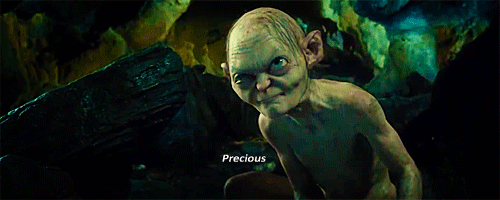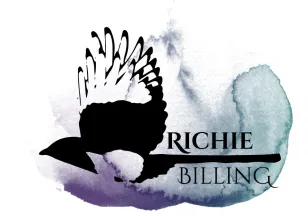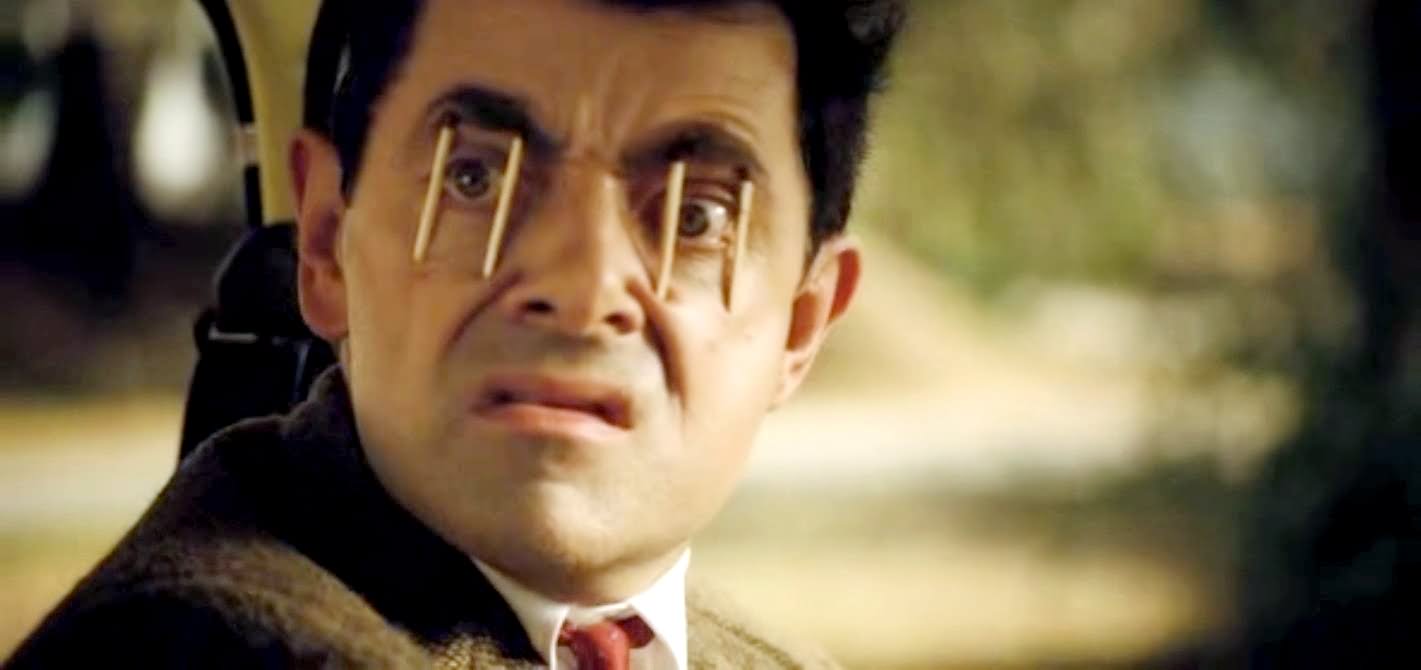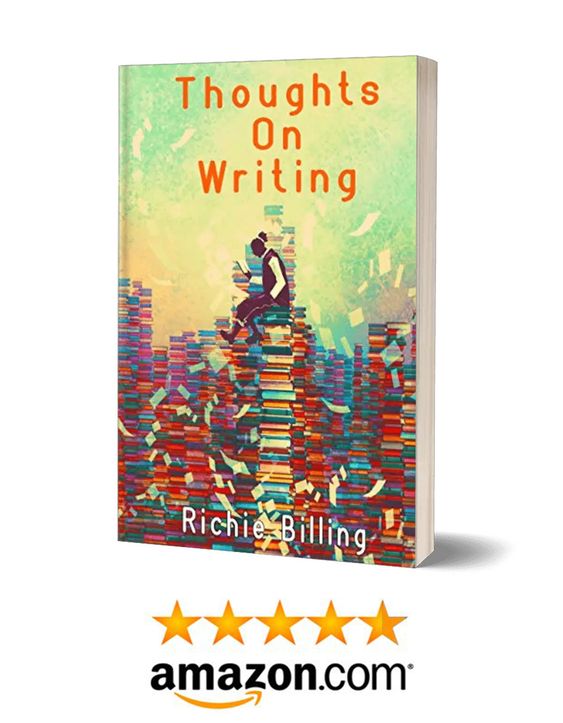If you happen to enjoy this article, why not stay in touch by signing up to my mailing list? Subscribers receive a list of 50 fantasy book reviewers, as well as a copy of This Craft We Call Writing: Volume One, a collection of writing techniques, advice, and guides looking at, amongst others, world-building, writing fight scenes, characterisation, plotting, editing and prose.
“If you don’t have time to read, you don’t have the time (or the tools) to write. Simple as that.”
You’ve probably read this Stephen King quote at some point in your writing career. It’s not a bad bit of advice.
Reading is an important way for a writer to learn the craft. Much of what I’ve picked up has come from seeing how others do things. This article shares some techniques I’ve found helpful to get the most out of reading.
Make time
Life is incessant. Work, family, friends, taking the dog for a walk, washing the dishes, hoovering. There’s always something to be done, and invariably reading tumbles down the pecking order.
Reading is different to other forms of entertainment. It requires engagement and dedication. It’s much easier to stick on an episode of The Office and zone out to the idiosyncrasies of Michael Scott.

But at some point in every day there’s a window of opportunity, a tiny porthole or perhaps a bay window. Either way, seize the opportunity. If you aim for at least an hour a day then you’ll find you’ll get through most books in a week or so.
It’s sometimes hard to find the motivation to continue a slog through a book, particularly the weighty bastards. A technique I’ve found helpful, which may sound counter-productive, is to stop reading while you’re enjoying it. You want to hold on to that feeling of excitement. It’ll drive you to rush home to find out what happens next.
Read anything and everything
“Read, read, read. Read everything — trash, classics, good and bad, and see how they do it. Just like a carpenter who works as an apprentice and studies the master.” William Faulkner.
A lot of famous writers recommend reading widely. As Faulkner said in the above quote, read everything, good and bad. If you read only fantasy, you’re missing out on vital lessons other genres could teach you.
Reading an array of genres opens your eyes to different methods of storytelling. There’s much to be gleamed in thrillers, horrors, romances, and the classics. And it doesn’t matter if it’s good or bad writing. If the latter you can see what not to do, and it gives you an opportunity to hone the keenness of your editor’s eye.
When driving about I find myself drawn to the texts of road signs, shop signs, the writings on the side of vans, lorries, or cars. It’s an unconscious thing. The world is full of writing. Stephen King says he never leaves the house without a book. You can sneak a bit in anywhere.

Whip out the notepad
Not long ago I decided to make a note of all the new words I encounter while reading. For each word, I check its definition and usage and record it in a notebook. I do the same with any metaphors and similes I enjoy too.
I’ve found after going to all this trouble the words stick in my memory long enough for me to recall and use, and slowly they become part of my vocabulary. If I forget their meaning or how they’re used, I can flick through my notebook and look it up. Piss easy.
This will inevitably slow down the reading process and disrupt your flow, but it’s a good way to learn. If you’re a Kindle user, you have the convenience of merely highlighting a word to get the dictionary definition. Fair play to you if you’re a manual dictionary person. The Oxford Dictionary app is my weapon of choice.
“Organizing is what you do before you do something, so that when you do it, it is not all mixed up.” A.A. Milne
Use highlighters and page markers
Some of you may think marking the pages of a book is sacrilege, bending the corner of a page to note where you’re up to a crime against humanity.
I used to be of that view. But at the end of the day, it’s my book. In highlighting passages I found moving or enjoyable I’m making it more of my own. My precious.

It’s easier for reference purposes too. This is where page markers are helpful. Those skinny, sticky colourful things that poke up like the hair of a balding man don’t half make life easier, and who doesn’t want that?
Analyse
Reading with a critical and analytical eye isn’t an easy skill. It saps brain power and sometimes we just want to read for enjoyment. In those moments of pure concentration, take the opportunity to examine how authors structure their sentences and paragraphs, which words they choose and how they use grammar and punctuation. It’s a great way to teach yourself.
Another thing worth spending some time thinking about is the meaning of things, what the story is about. What themes are explored within the text, what subtle hints are included to illustrate it? For example, a writer who explores the theme of nakedness could feature flaking paint on a wall. Colours are used a lot by authors to illustrate different things too. What do we readers learn and take away from the story?
When you begin to pick up on these things you can look to start including them yourself. It’s not an easy thing to do. Reading essays, watching or listening to interviews and the like can help open your eyes to these subtleties of the craft.
Thank you for stopping by! If you happened to enjoy this article, why not stay in touch by signing up to my mailing list? Subscribers receive a list of 50 fantasy book reviewers, as well as a copy of This Craft We Call Writing: Volume One, a collection of writing techniques, advice, and guides looking at, amongst others, world-building, writing fight scenes, characterisation, plotting, editing and prose.
- 5 Tips to Help Your Child Learn and Succeed at Primary School - February 26, 2024
- The Advantages Of Using An AI Essay Typer Alternative - February 14, 2024
- Advice On Getting Help With Your Homework - January 26, 2024




This is great advice for those of us just getting into the business. Thank you!
Thanks! I’m glad you found it helpful!
Reblogged this on Joy Lennick and commented:
I agree with this article wholeheartedly and am passionate
about the written word (reading and writing!) If only more people who say ‘oh, I don’t read…’ would give it a chance…They don’t know what pleasures they’re missing!
Totally agree! Thank you for sharing. I appreciate it!
I highlight, underline with pencil and fold the corners of my favourite books. It helps me digest the story and remember the techniques used to make the book enjoyable. It’s a little bit like hugging a teddy bear so much the fur gets matted.
It works for me too! I know of some people who wouldn’t dream of it. They’re losing out!
Yay reading! Also, non-fiction. Can’t stress the impact of non-fiction enough. 🙂 So, what are you reading currently, Richie?
I love a bit of non fiction too! At the moment I’m reading Grendel by John Gardner and Nightchild by James Barclay. How about you?
Grendel as in Beowulf’s Grendel? Or is that about something else entirely? I have a book about Dürer that I really bought for the paintings, I haven’t really gotten ahead with the text. Too focused on hidden meanings in the paintings.
The very same. It’s a re-telling of Beowulf from Grendel’s perspective. Quite a hevay literary style but interesting. That sounds interesting. Have you found any good ones?
I might be interested in that. Maybe I’ll look it up! Is it long?
Oops, my bad! 😀 I meant to say that the text dwells too much on the hidden meanings in the paintings, so I lose interest in the text. I’m not that interested in the hidden meanings of the paintings. A little, maybe, but not that much. 🙂
It’s about 120 pages but quite prose heavy so they take a while to read. I’m getting into it slowly. Well worth checking out!
I’ve only started on learning the writing and blogging craft about a year ago, and you’re posts are quite helpful. Thanks a lot.
My pleasure! It’s always great to hear that someone finds them helpful!